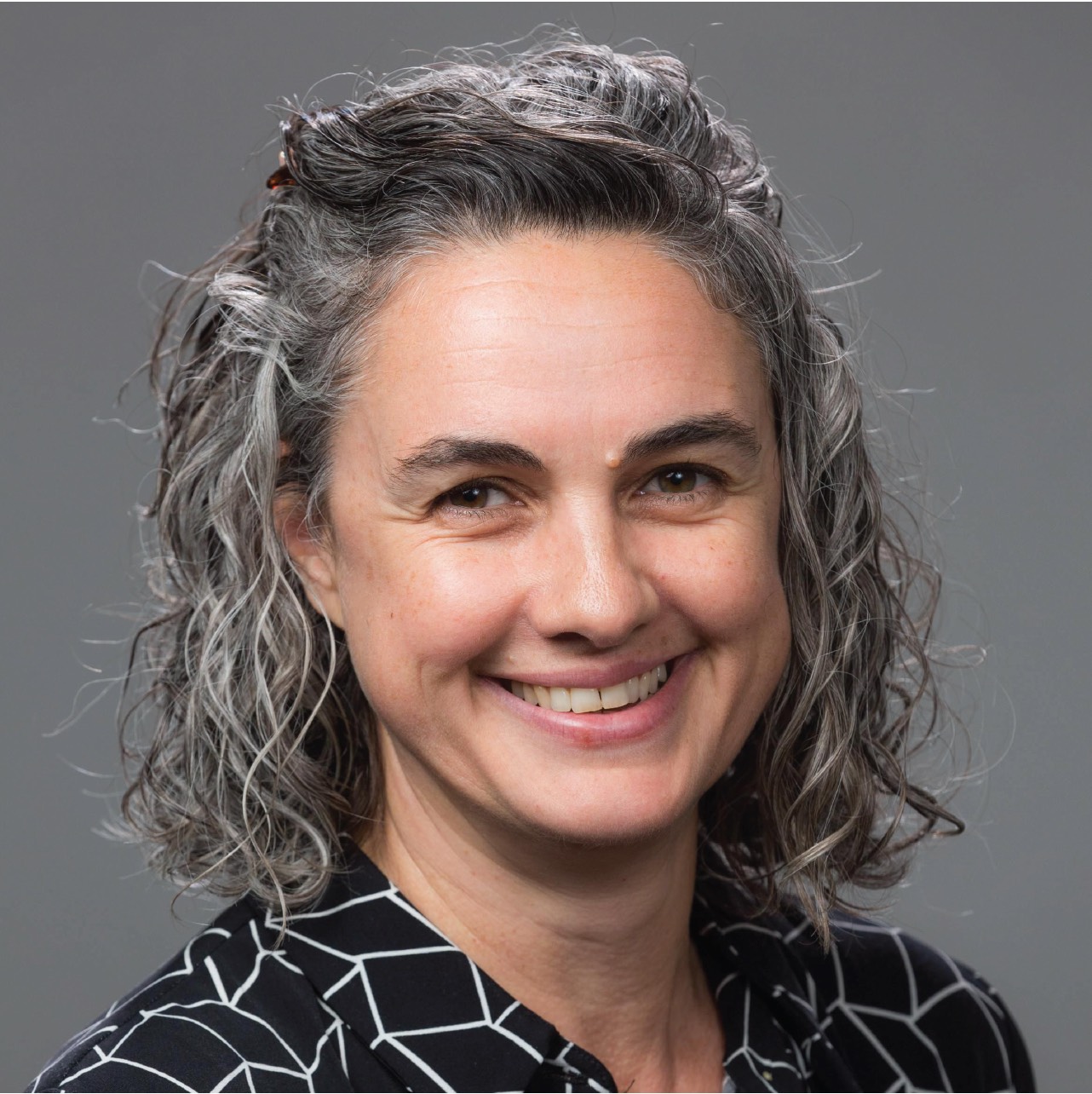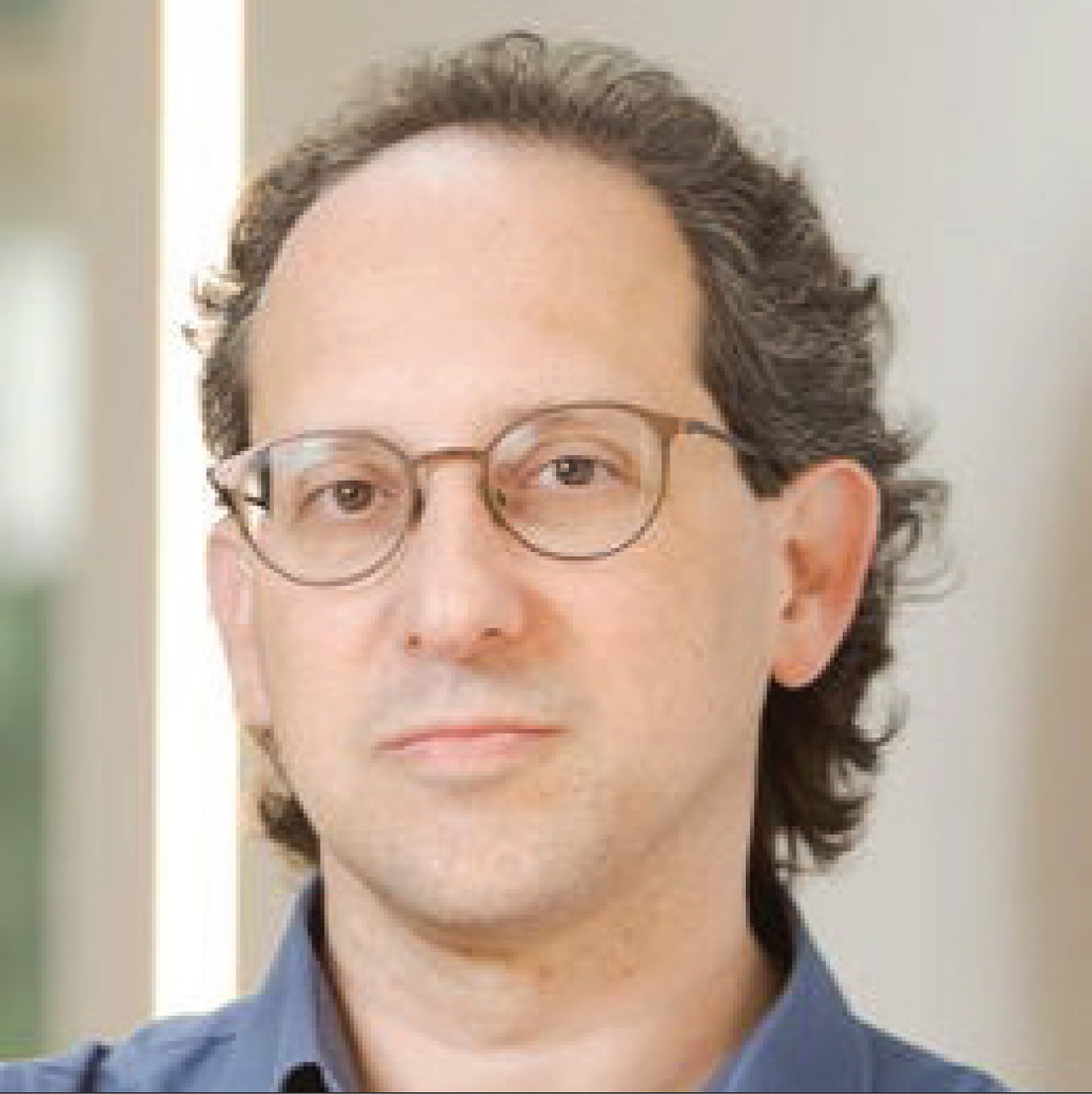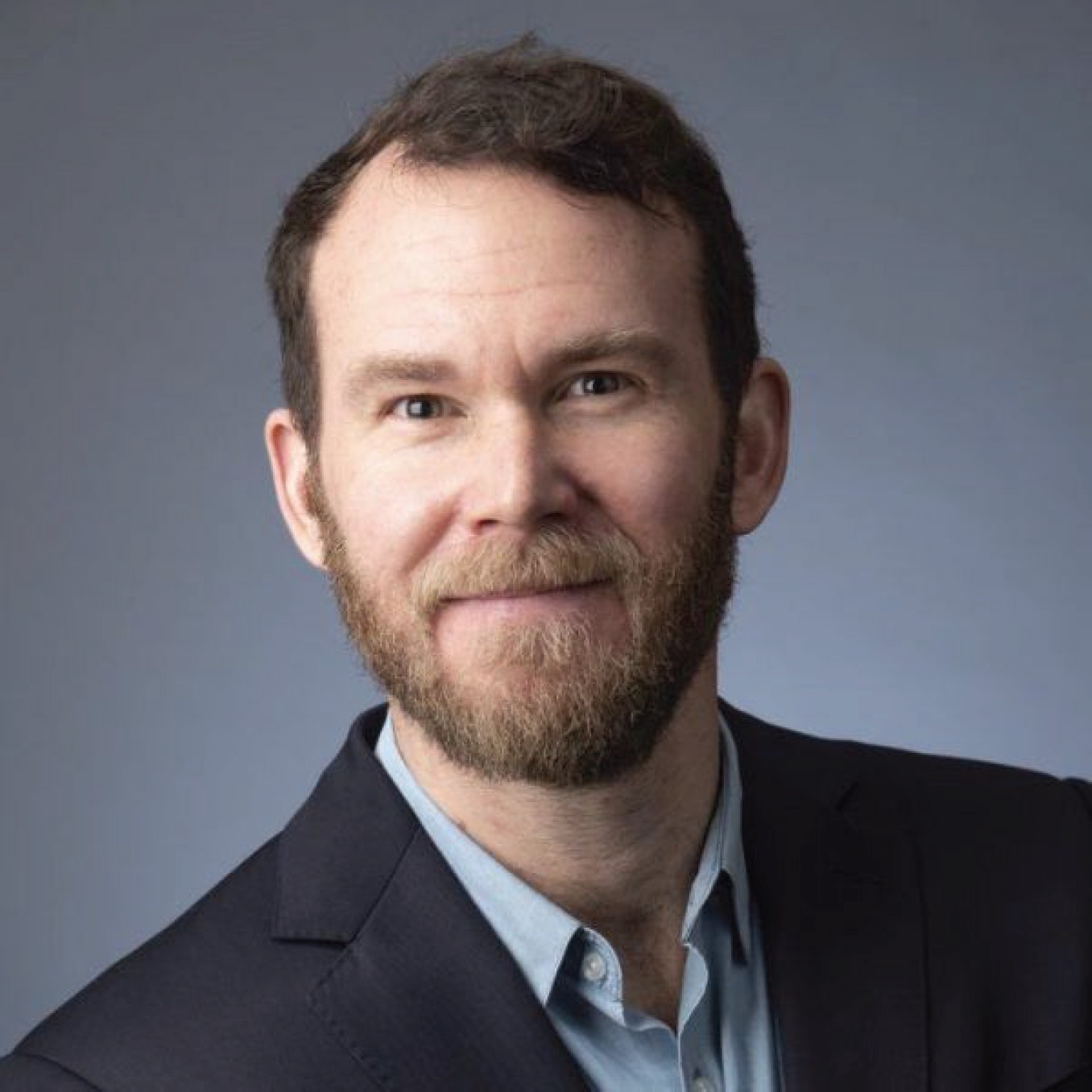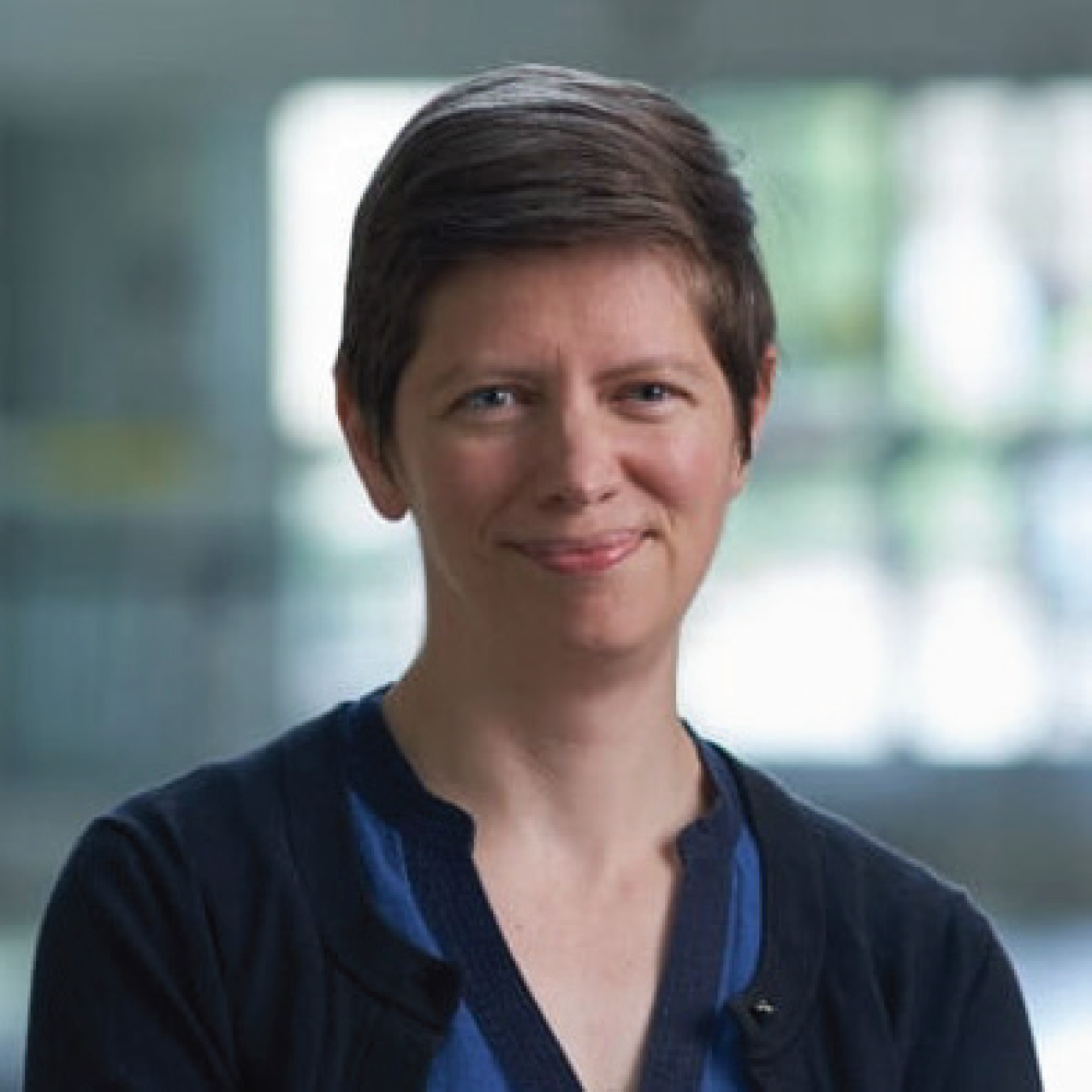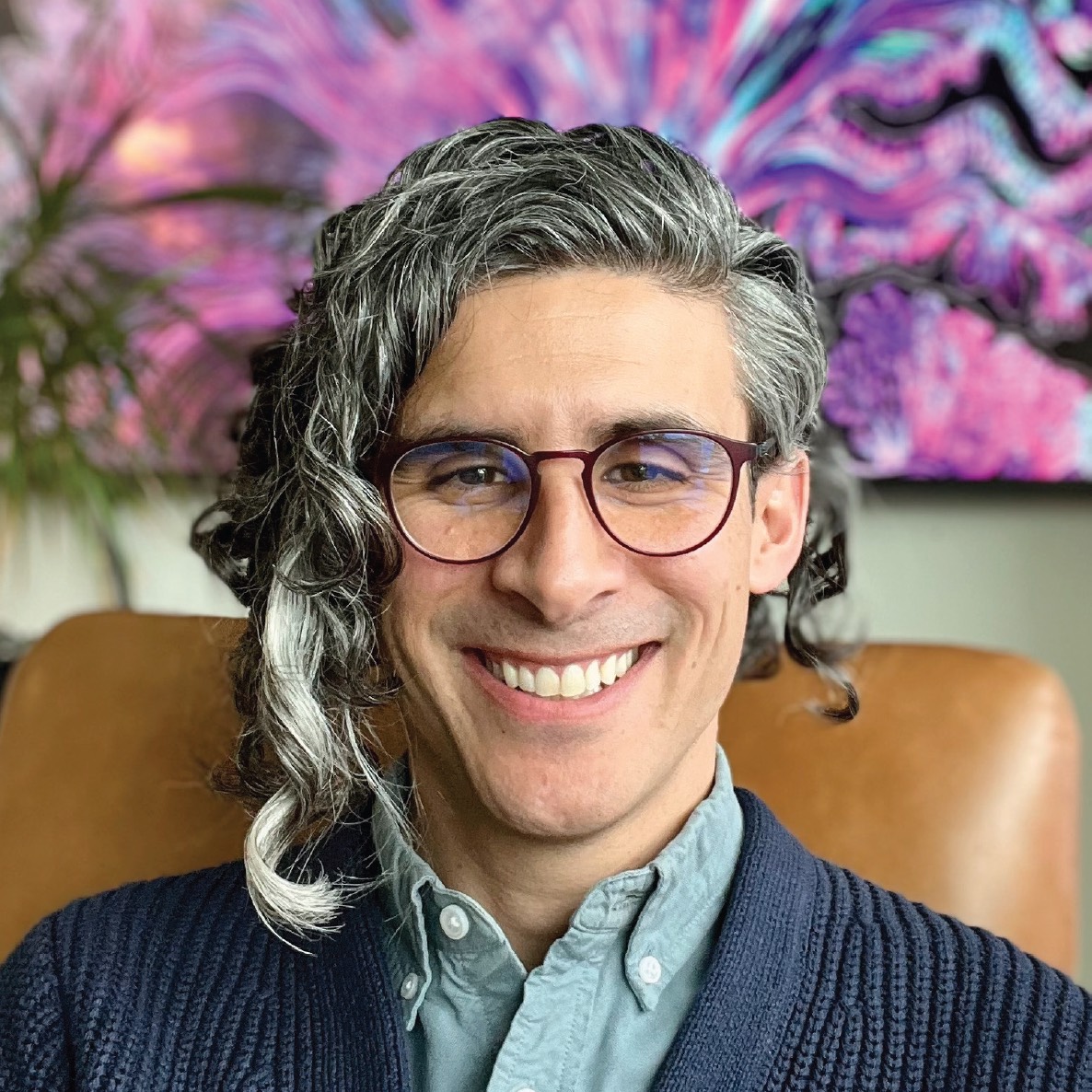Seminars Series
Upcoming Seminars 2025-2026
Tuesdays, EHSEB 1730 - 2:00-3:00 P.M.
(All Seminars are in-person unless noted; check back for updates)
Guest Lecturers
Anita Disney, Ph.D. - Department of Neurobiology & Cognitive
Duke University School of Medicine
September 16, 2025
BEN SCOTT, Ph.D. - Department of Psychology & Brain Sciences
Boston University College of Engineering
November 12, 2025
Martha Bagnall, Ph.D. - Department of Neuroscience
Washington University School of Medicine
Febuary 17, 2026
Scott Pletcher, Ph.D. - Department of Molecular & Intergrative Physiology
University of Michigan Medical School
March 17, 2026


